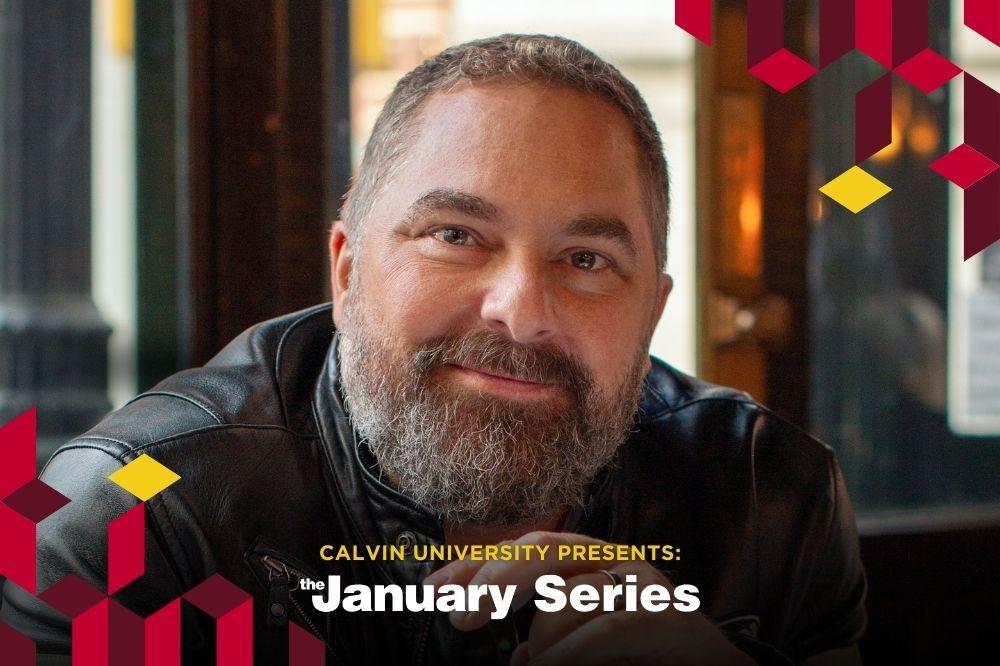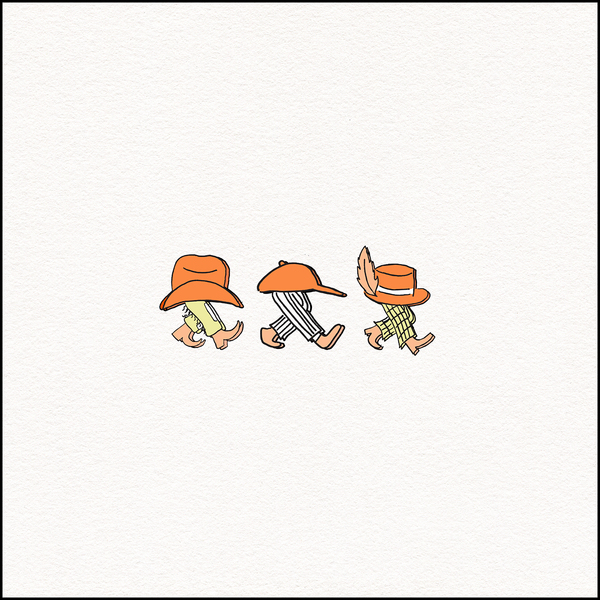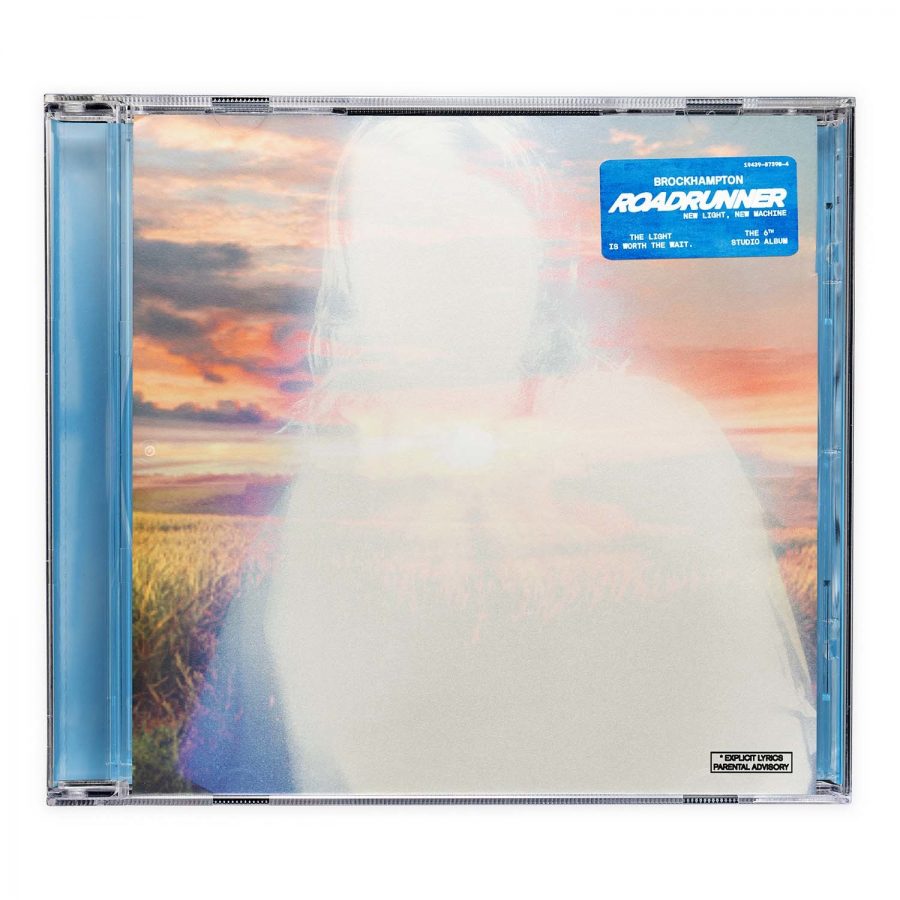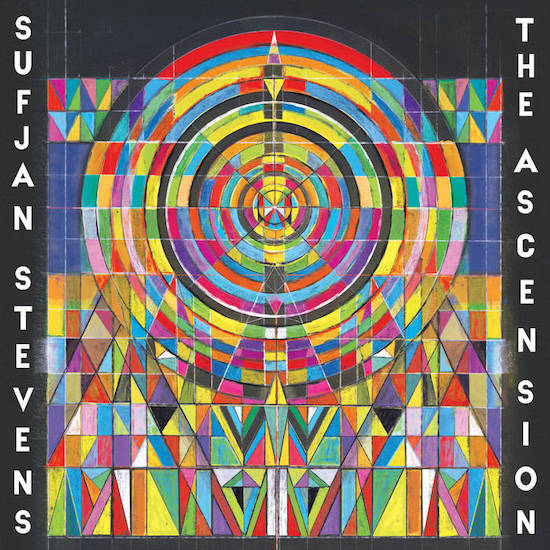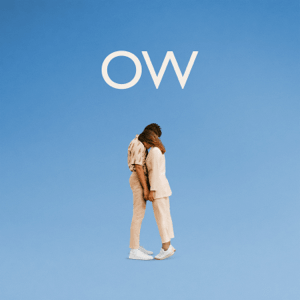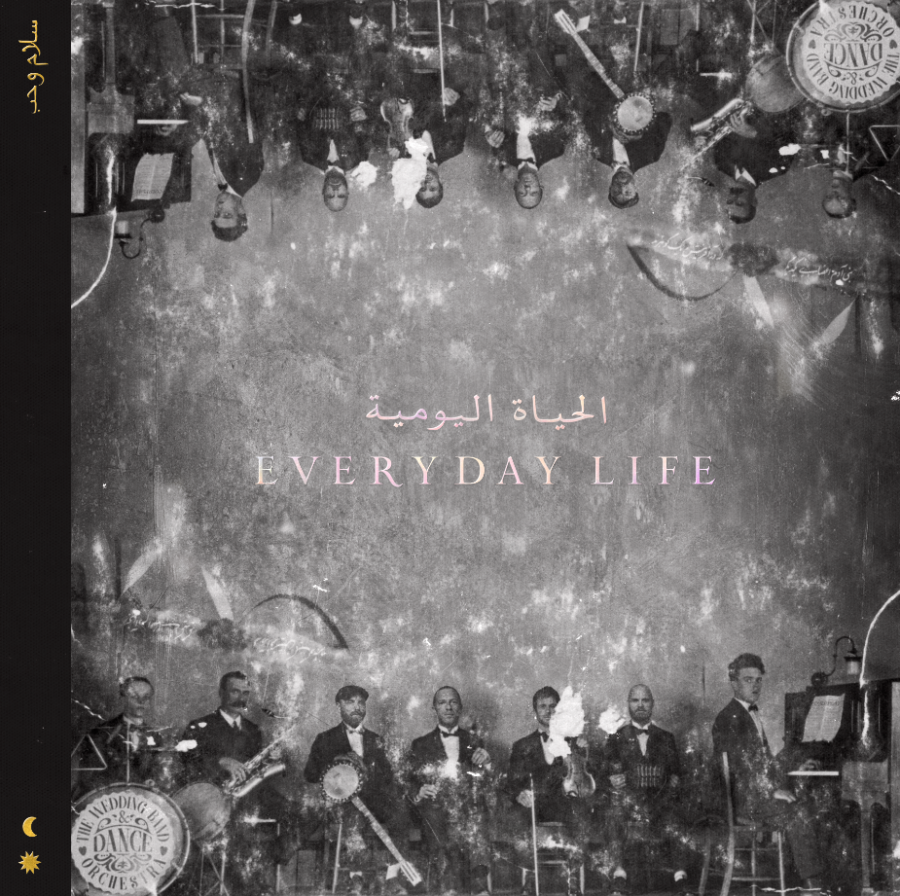Late last Thursday night, Canadian rapper Drake made his album “Views” available on Apple Music. The 20-track album, clocking in at over 70 minutes, expands on Drake’s hyper-realistic version of his hometown, Toronto, Ontario.
At this point in his career, Drake is on top. He is the millennial voice Kanye West thinks he is and the voice Kendrick Lamar definitely should be. Instead, our generation gets Drake, a boastful yet vulnerable “nice guy.” He loves his status and is constantly gloating, yet he feels the emptiness of it all. In true millennial fashion, he is painfully self-aware.
Regardless of what one thinks about Drake as a person, his ability as a technician is undeniable at this point. When rapper Meek Mill challenged Drake’s possible use of ghostwriters last summer, Drake shot back with two impressive diss tracks. One of which, “Back to Back,” charted No. 21 on the Billboard Hot 100.
With “Views” it’s all about Drake. The album’s 20 songs show Drake reminiscing about women he used to be with and how he could have done things differently. This is well-tread territory for the rapper. Many of the tracks off of his album “Take Care” displayed the same sentiments.
On the track “Redemption,” we see Drake’s biggest issue on display. It’s why some of the more self-reminiscent tracks here come off not as “nice guy” vulnerability but as unnecessary gripes. Here Drake raps, “I know you’re seein’ someone that loves you and I don’t want you to see no one else.” In this lyric, he shows that he wants his ex to be happy and to be with someone who will make her happy. However, later on the same track, after naming several women who he’s had failed relationships with, he raps, “Wonder if they was here, shit could have been different / wonder what they’d do put in my position? / I wonder, when my shit drop, do they listen? / Wonder if they’re second guessin’ their decisions?” Drake initially presents a faux happiness for the women who’ve moved on from relationships with him, but then just a few bars later he’s confronting them.
Like David lusting after Bathsheba, Drake wants exactly what he can’t have. In his case it’s women in his life who’ve moved on. In his thinly veiled way, Drake tries to pass off his manipulation as scorned nice-guy behavior. But what Drake can’t seem to see is that he comes off as extremely self-absorbed and manipulative. The navel-gazing nature with which he approaches this album doesn’t feel like a meditation on fame, the emptiness of success, or a thoughtful examination of failed relationships; it feels like a meditation on Drake.
It’s a shame that this sentiment bullies out the other sentiments displayed on the album. Songs like “Weston Road Flows” show Drake’s experience growing up in Toronto. The track “Too Good” features Rihanna who offers a female perspective to Drake’s misery. These tracks offer a reprieve from the oppressive nature of the album.
What Drake needs is what he seeks from his exes: redemption. On “Views,” we see a man that doesn’t even give passing consideration to the thought that he may be at fault in the wake of failed relationships. Without redemption and grace, Drake’s vision is lonely and unfulfilling. Hopefully, Drake’s caustic streak will end and he’ll be able to move on from the mistakes that haunt him. Until then, fans will have to sit in a millennial rapper’s technically dazzling yet uncompromisingly bitter fourth studio effort.



